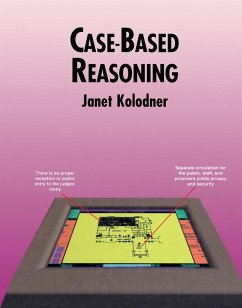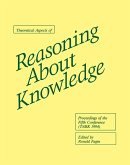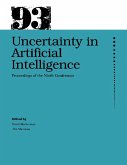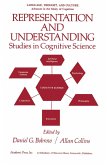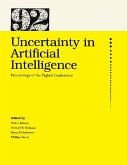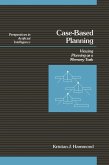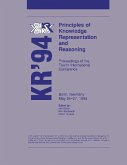This book presents the state of the art in case-based reasoning. The author synthesizes and analyzes a broad range of approaches, with special emphasis on applying case-based reasoning to complex real-world problem-solving tasks such as medical diagnosis, design, conflict resolution, and planning. The author's approach combines cognitive science and engineering, and is based on analysis of both expert and common-sense tasks. Guidelines for building case-based expert systems are provided, such as how to represent knowledge in cases, how to index cases for accessibility, how to implement retrieval processes for efficiency, and how to adapt old solutions to fit new situations.
This book is an excellent text for courses and tutorials on case-based reasoning. It is also a useful resource for computer professionals and cognitive scientists interested in learning more about this fast-growing field.
Dieser Download kann aus rechtlichen Gründen nur mit Rechnungsadresse in A, B, BG, CY, CZ, D, DK, EW, E, FIN, F, GR, HR, H, IRL, I, LT, L, LR, M, NL, PL, P, R, S, SLO, SK ausgeliefert werden.

